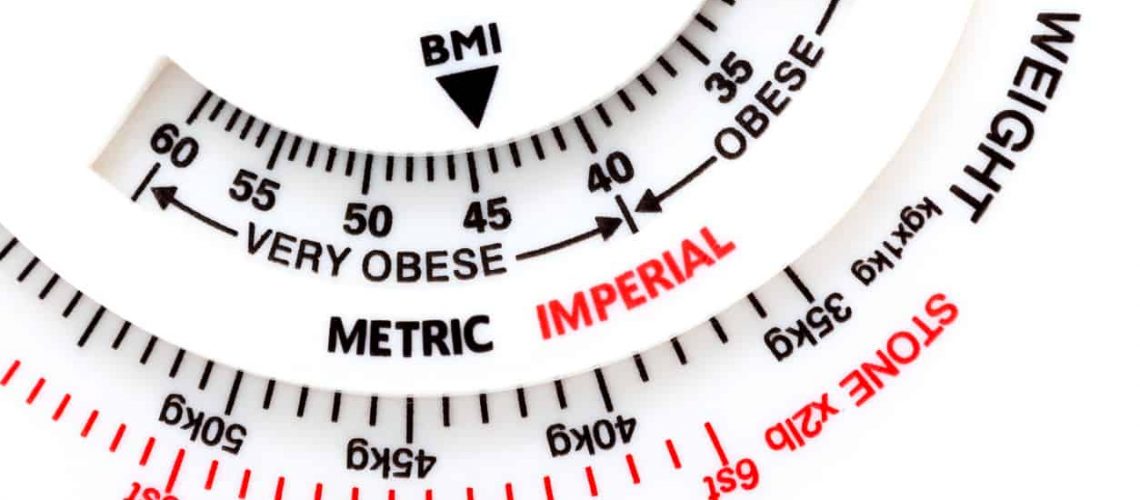It is a well known fact that a high body mass index (BMI) significantly increases the risk of cardiovascular disease, to the extent that more than two thirds of deaths associated with a high BMI are actually caused by the consequences of cardiovascular disease, such as heart attack, stroke and heart failure.
What is perhaps less well known is that a high BMI also predisposes to heart rhythm changes, some of which can in themselves be fatal.
A recently published review in the Journal of the American College of Cardiology reports that fat around the surface of the heart, or to give it its medical name, epicardial adipose tissue (EAT), is “positively related to the incidence, duration and recurrence of AF [atrial fibrillation]” and “positively related to the development of ventricular arrhythmias in patients with heart failure”. The full article can be found here.
The importance of a healthy diet and exercise regime for all aspects of health cannot be underestimated, but this is even more evidence about the benefits to the heart of maintaining a normal weight.
